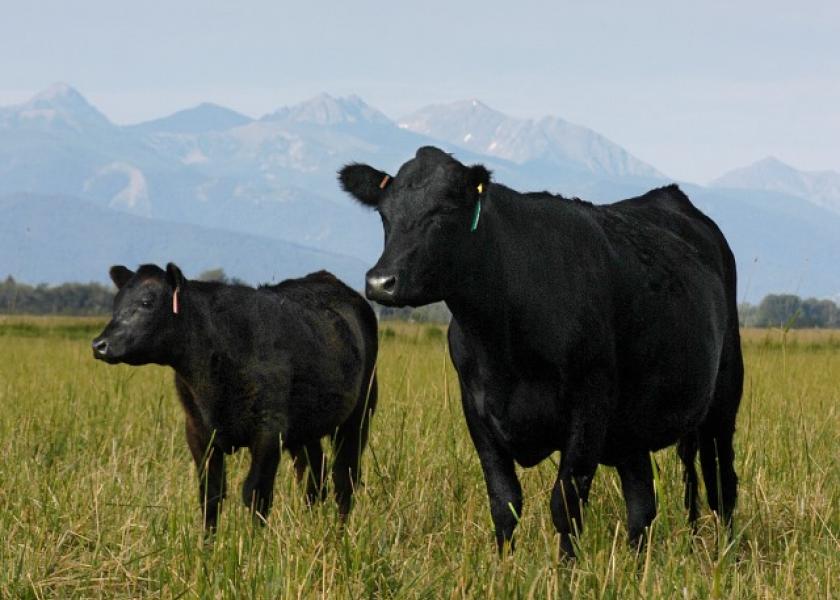Resero Genomics Launches Customer-focused DNA Banking

Resero Genomics, a world-leading genomics company based in Utah, has launched Resero DNA Reserve, a DNA-banking service that enables livestock producers to store DNA information securely and – most importantly – maintain control of all genetic material in their own, proprietary DNA bank.
“The new service marks a radical departure from traditional DNA storage practices, which have often left ownership, control and analysis of genetic material in a grey area,” says Jared Larsen, Resero Genomics manager.
“With Resero DNA Reserve, the customer has complete control over where it’s stored, how it’s distributed and how it’s analyzed,” Larsen says. “Protecting the integrity and use of your asset makes good business sense. We receive tissue samples at Resero Genomics for extraction and store the DNA until you need it. We believe that once DNA is extracted from a tissue – blood, ear notch or other – and sent to us by a customer, that the customer has the right to control access to it, derive information from it and have access to the genotypes generated for their own use.”
Resero Genomics, which until recently was known as Agritech Genetics, has launched an array of customizable DNA diagnostic panels for beef and dairy cattle, sheep, goats and horses as well as DNA banking services for livestock and companion animals. The customer can pick and choose what tests are needed for their specific needs, and collect and store DNA for their own use or distribution to other laboratories for analysis. Flexible by design, Resero Genomics can tailor storage, diagnostics, analytics and information access to fit any situation, from genomic trait evaluation to parent verification.
Resero Genomics utilizes the laboratory technology services of United Bio-Research Inc., a company with decades of experience and success in diagnostic kit research and development.
“There has never been a time in history where the technology and tools available to interpret and utilize genomic data have been as powerful as we have today,” says Dr. Aaron Larsen, United Bio-Research, Inc. lab director. “The days of having genomic results locked up and inaccessible to the customer are ending. The customer is generally very capable of harnessing the power of genomics to shape their herd’s future. Resero Genomics’ mission of unlocking the genome and giving control back to the customer is essential for them to adapt to the ever-changing business environment today.”







